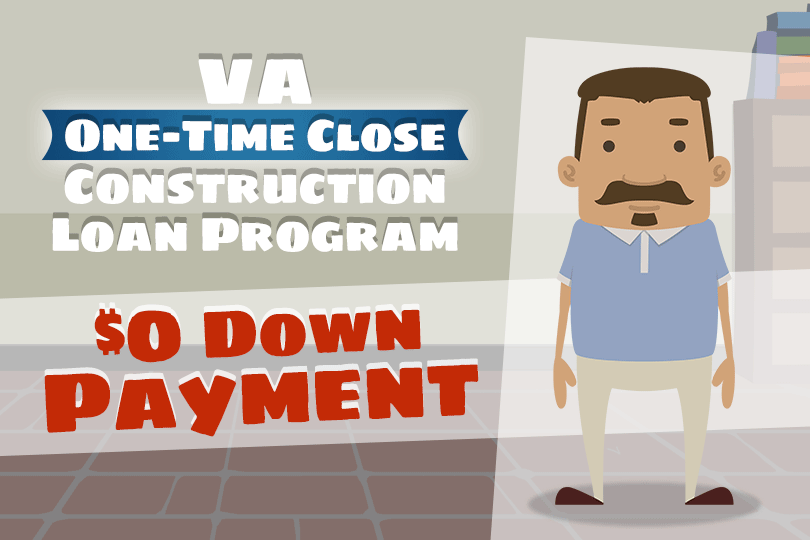How One-Time Construction Loan Funding Works
April 12, 2022
These are important details to know going into the planning stages of your mortgage. Why? Because some borrowers make plans for their loans based on certain assumptions. If you assume the wrong things you could be due for a major rethink of your mortgage.
One such assumption has a lot to do with how loan funds are accessed, disbursed, and used for the mortgage. Some borrowers might think they can do more with home loan funds than the rules permit. What’s the reality?
FHA Home Loan Funds Are Meant for Specific Purposes
When you apply for a construction loan, that application is approved for a specific amount based on the cost of building the home, plus any other permitted items to be added into the loan. For construction loans that means funds are placed in escrow and when a contractor needs to be paid, there is a draw from escrow.
Draws from escrow are not unrestricted--the borrower typically won’t have personal access to these funds.
And borrowers who may want to act as their own contractor should know that participating FHA lenders typically don’t permit this, even though FHA loan rules may allow it. Borrowers simply don’t have access to these loan funds in any way except for their intended purpose, which is to pay third-party contractors for labor, permits, and materials.
What You Cannot Do With Mortgage Money
The borrower cannot use home loan funds for unapproved purposes. That includes situations where the borrower hopes to apply for more loan than is needed for the construction project and take the remainder in cash. But the only money you can be paid at closing time is typically for items paid in cash upfront and later included in the loan amount. A refund would be due in such cases.
Under-Budget One-Time Close Construction Loans
What happens if the construction project comes in under budget? The same rules mentioned above will apply. Borrowers do not get unrestricted cash back.
The type of home loan you can get under the FHA program that features cash at closing time is an FHA Cash-Out Refinance, and borrowers who are aged 62 or older may qualify for an FHA Reverse Mortgage. That type of loan also features cash at closing time in typical cases.
------------------------------
RELATED VIDEOS:
What You Need to Know About the Appraisal Fee
The Appraisal is an Important Requirement
Build Your Dream Home With a One-Time Close Loan

FHA Loan Articles
April 23, 2025 While the prospect of lower interest rates or more favorable loan terms can be enticing, there are situations where waiting is the better option. Refinancing without carefully considering your current financial circumstances is never a good idea, but careful planning in the current financial environment is even more important.
April 22, 2025First-time home buyers worry about loan approval, but there are important steps to take to increase the likelihood that the lender will approve their application for the loan or pre-approval. What do you need to know before you choose a lender?
April 16, 2025There are smart uses for cash-out refinancing loan proceeds and uses for that money that may work against the borrower. We examine some of those choices below, starting with using an FHA cash-out refinance for investment purposes. Is this a good idea?
April 15, 2025House hunters sometimes face a curveball when the appraisal for a home they want to buy with an FHA mortgage is lower than the offer. Is this a deal-breaker? Believe it or not, it isn't the end of the road. A low appraisal can sometimes be just a bump in the road. In other cases, you may wish to walk away from the deal. Here's your game plan to navigate this situation...
April 14, 2025 Buying a home with an FHA loan can be an exciting and achievable goal. This quick quiz helps you gauge your understanding of FHA loans and what it takes to make a winning offer on your new dream home. Take a few moments to answer the questions and see how prepared you are to navigate this crucial stage of your home-buying journey.







